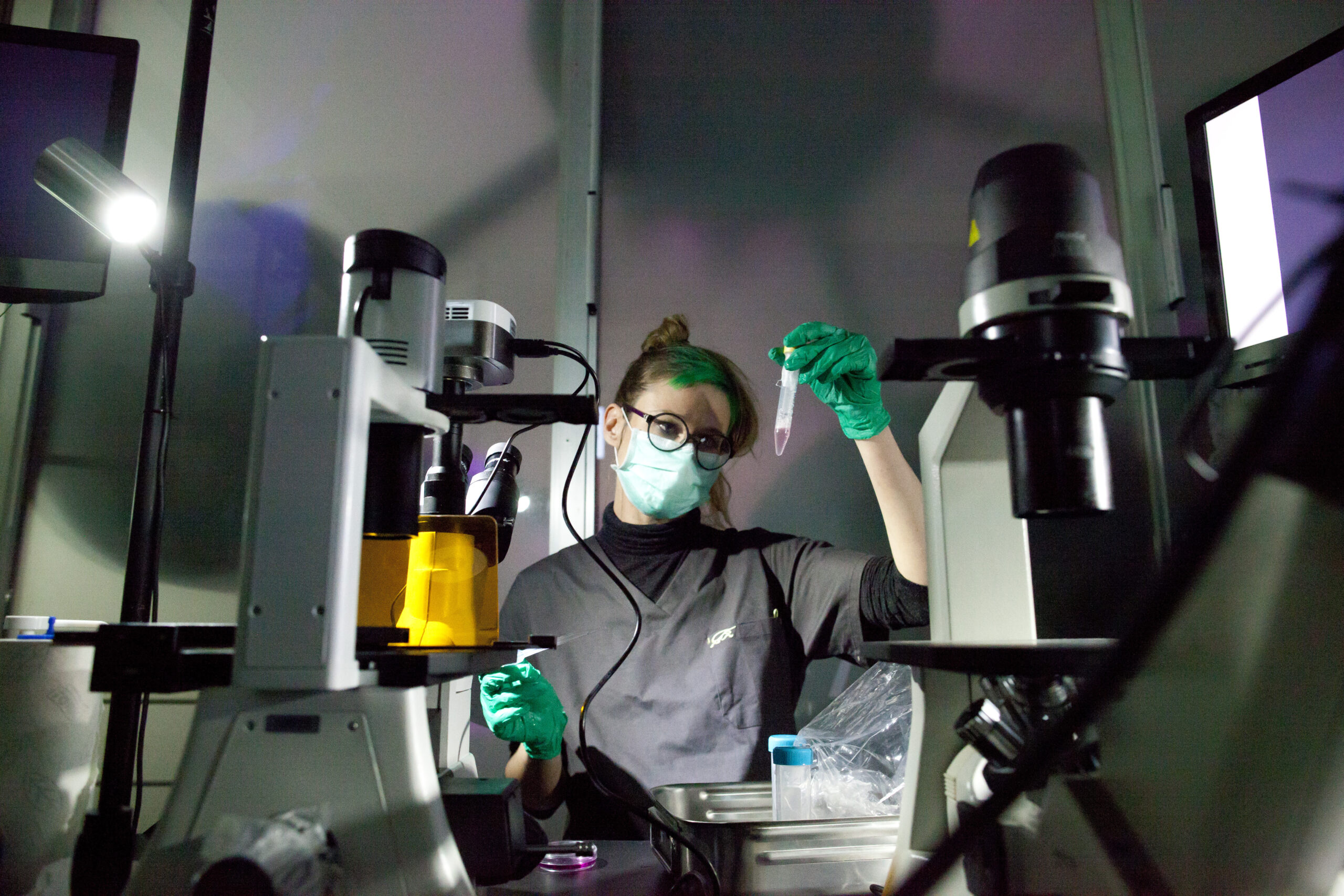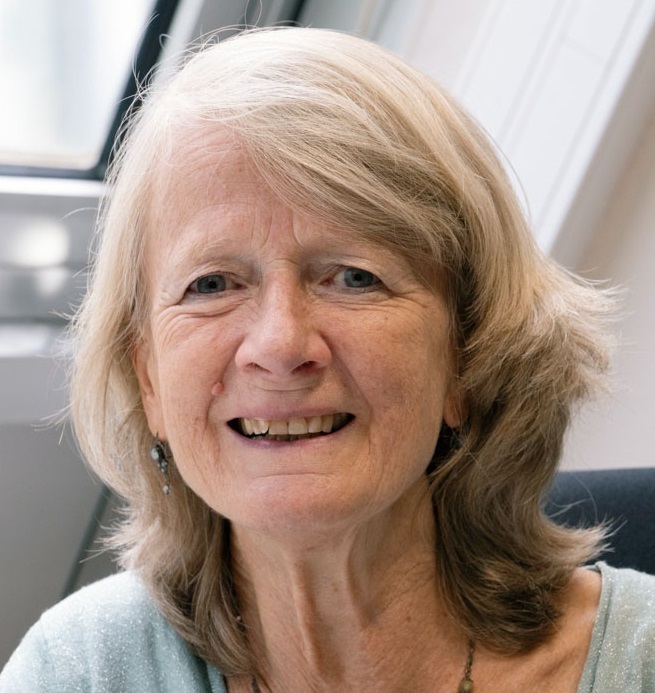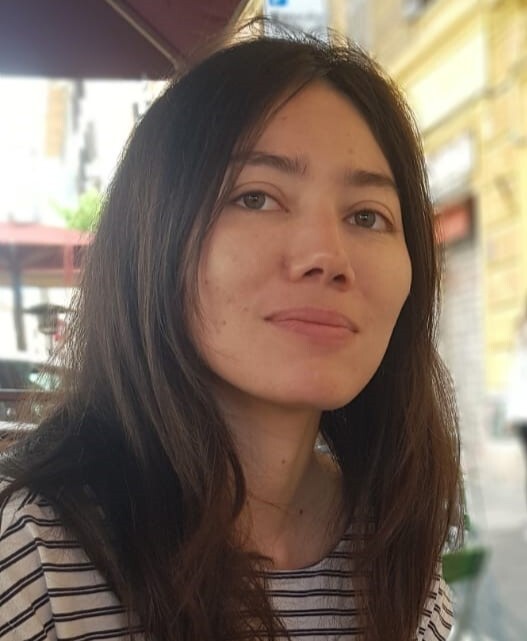Seminars
The seminars, hosted by our lab in Paris, aim at presenting the research activity led by the people working in our different labs and coming from external organizations. They are a moment of knowledge exchange and a trigger for collaborations. You can participate by filling our registration form below!

June 18, 2025, 11:00 am
MIXTAPES LabCom
Correlations and Deviation from Heaps' Law: Insights from Musical Discovery

June 11, 2025, 11:00 am
Sony CSL - Paris
How will Mi-Hy save us from the end of the world?

June 4, 2025, 11:00 am
Sony CSL - Rome
Opinion Formation: Biases in News Reporting and Consumption


May 21, 2025, 11:00 am
University of Surrey, UK
Multi-scale approaches for the computational modelling of biological system self-organisation

May 14, 2025, 11:00 am
ISIR (Sorbonne Universités)
Modeling Socially Interactive Agents as Interaction Partners

May 7, 2025, 11:00 am
University of Amsterdam
Drops, branches, pearls and waves: light-induced collective phenomena in phototactic microalgae

April 30, 2025, 11:00 am
Predicting the evolution of scientific literature to accelerate creativity in research


April 16, 2025, 10:00 am
INRIA Grenoble
Bayesian deep learning, overview and challenges
MIXTAPES LabCom
June 18, 2025, 11:00 am
Correlations and Deviation from Heaps' Law: Insights from Musical Discovery
Sony CSL - Paris
June 11, 2025, 11:00 am
How will Mi-Hy save us from the end of the world?
Sony CSL - Rome
June 4, 2025, 11:00 am
Opinion Formation: Biases in News Reporting and Consumption
University of Surrey, UK
May 21, 2025, 11:00 am
Multi-scale approaches for the computational modelling of biological system self-organisation
ISIR (Sorbonne Universités)
May 14, 2025, 11:00 am
Modeling Socially Interactive Agents as Interaction Partners
University of Amsterdam
May 7, 2025, 11:00 am
Drops, branches, pearls and waves: light-induced collective phenomena in phototactic microalgae
April 30, 2025, 11:00 am
Predicting the evolution of scientific literature to accelerate creativity in research
INRIA Grenoble
April 16, 2025, 10:00 am
Bayesian deep learning, overview and challenges

